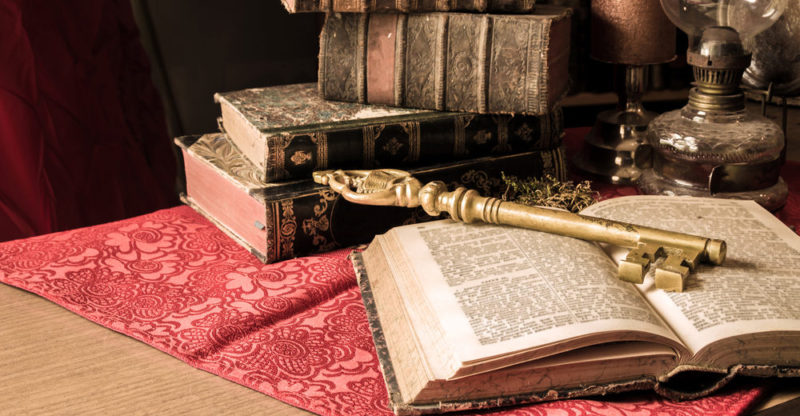History of English Literature arrived into the world many years ago and now it has wide varied development in the Literature field. Literature is mainly known as written text including novels, short stories, poems essays, and so on. It makes us learn the most important English written works all over the centuries.
History of English Literature
The history of English literature is marked by significant periods, movements, and influential figures. Here’s a broad overview:
Old English (c. 450-1066): The history of this period begins with the Anglo-Saxon settlement in Britain and includes works like “Beowulf,” an epic poem, as well as various heroic and religious texts.
Middle English: The Norman Conquest of England in 1066 history is the marked beginning of Middle English. Major works of authors include Geoffrey Chaucer’s “The Canterbury Tales,” Sir Gawain and the Green Knight, and the works of William Langland. It also saw the emergence of ballads and romances.
Renaissance: During this period, there was a revival history of interest in classical learning and humanism. Additionally, William Shakespeare emerged as a central figure of this era, renowned for his works such as “Hamlet,” “Macbeth,” and “Romeo and Juliet.” Furthermore, other notable authors from this time include Christopher Marlowe, Edmund Spenser, and Sir Philip Sidney.
17th Century: The Age of Enlightenment: This period saw the rise of scientific inquiry and rationalism. Writers like John Milton (“Paradise Lost”), John Donne, and Ben Jonson were prominent during this history time. The Civil War and its aftermath also influenced literature, with political and religious turmoil being common themes.
The Restoration Period: This period follows the restoration of the monarchy under Charles II. Satire, comedy, and wit were prevalent in the works of writers like Samuel Pepys, John Dryden, and Aphra Behn.

MODERN CHANGES
18th Century: Often referred to as the Age of Reason or the Enlightenment, this period saw the rise of the history of the novel as a literary form. Notable authors include Daniel Defoe (“Robinson Crusoe“), Jonathan Swift (“Gulliver’s Travels“), and Samuel Richardson (“Pamela“).
Romanticism: Romanticism emphasized emotion, imagination, and individualism. Key figures and authors include William Wordsworth, Samuel Taylor Coleridge, John Keats, Percy Bysshe Shelley, and Lord Byron.
Victorian Literature (c. 19th century): During this period, the reign of Queen Victoria and the expansion of the British Empire were prominent. Additionally, this century frequently delved into social issues, morality, and the changing society. Notable authors from this era include Charles Dickens, the Brontë sisters, George Eliot, and Thomas Hardy.
Modernism (c. late 19th century – early 20th century): Additionally, modernist literature is characterized by its exploration of new literary techniques and themes. Furthermore, these authors challenged traditional norms and conventions in their works. On the other hand, they sought to capture the complexities of the modern world in their writing.
20th Century and Beyond: Furthermore, it is important to note that these authors have not only influenced their respective genres but have also inspired a new generation of writers.
